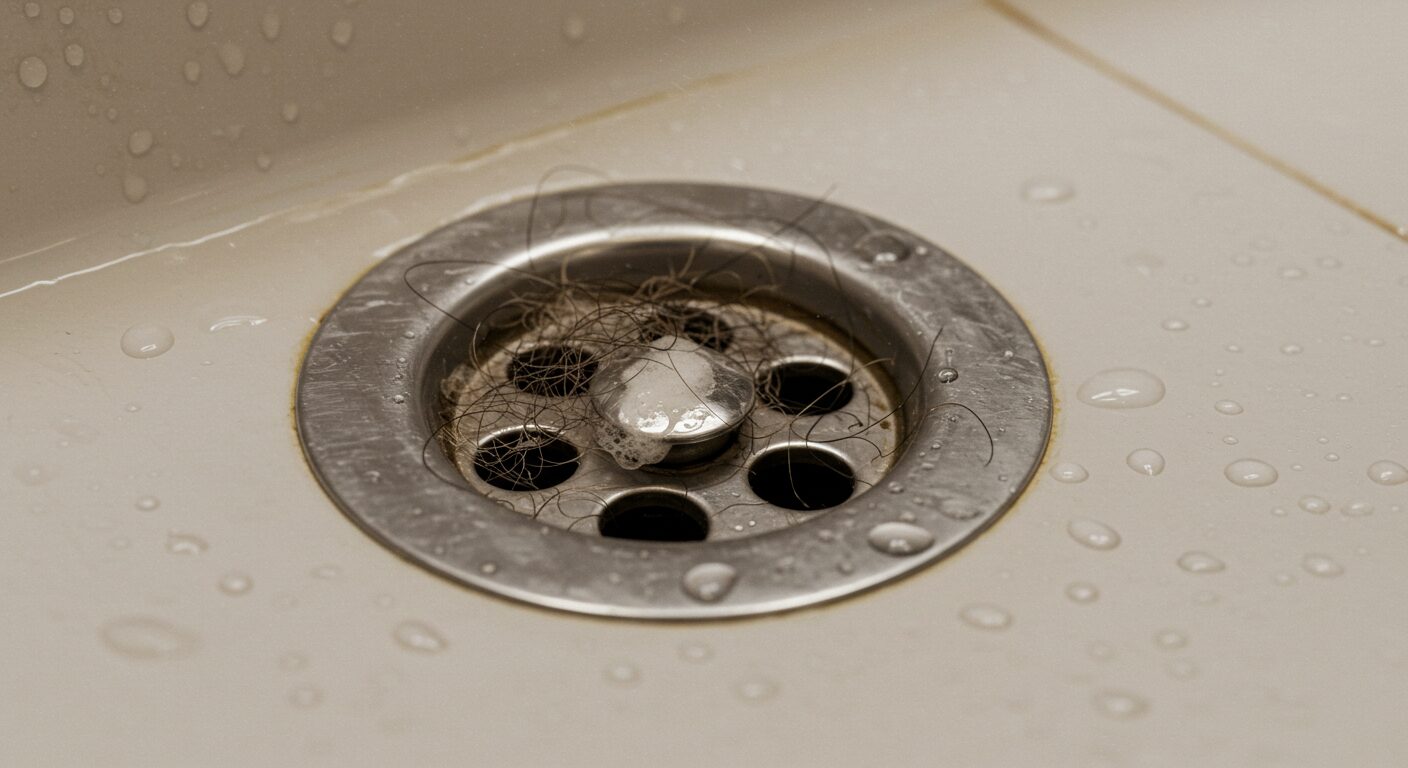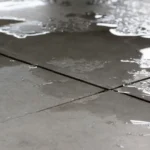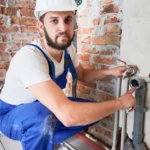Living in New York City has its perks. Great food, endless energy, and a city that never sleeps.
But when does your drain stop draining?
Suddenly, your apartment feels a little less charming. Whether it’s your bathroom sink, kitchen drain, or shower, these blockages seem to happen at the worst possible times.
But before you reach for that bottle of chemical drain cleaner or panic about whether you need an emergency plumber, let’s talk about how you can prevent clogged drains in the first place. We’ll break down simple strategies for keeping your drains clean and the benefits of hiring professional plumbers in NYC to help maintain your pipes.
Mind What You Put Down Your Drains
This may sound obvious, but you’d be surprised how many people don’t realize that what you put down your drain is one of the biggest contributors to clogs.
Many common items we toss down the sink or toilet seem harmless, but can build up over time, creating serious blockages.
Kitchen Drain
- Food scraps: Even though some kitchen sinks have garbage disposals, you should avoid putting grease, fat, or coffee grounds down your drain. They solidify and create a sludge that clogs the pipes.
- Starchy foods: Pasta, rice, and potatoes are notorious for clumping when they come into contact with water, forming sticky masses that will stop up your drain.
- Fibrous foods: Avoid putting fibrous vegetables like celery or meat scraps down the sink, as they can twist around the blades of your garbage disposal or cause stubborn blockages.
Bathroom Drain
- Hair: This one is probably the most common reason for bathroom sink and shower clogs. Even if you clean your shower regularly, hair strands accumulate in your drains and eventually cause blockages.
- Soap and toothpaste: Over time, soap scum and toothpaste residue can build up and make a thick paste that causes sluggish drainage. Body wash, shampoos, and conditioners also leave behind greasy residue that sticks to the pipes.
Toilet
- Wipes (even “flushable” ones): Wet wipes, diapers, tampons, and anything other than toilet paper can easily cause major blockages in toilets. While they may seem like they’re flushing, they often get stuck in the pipe or form a concrete-like mass when they get wet.
- Excess toilet paper: Try not to overdo it with toilet paper. While it’s designed to break down, excessive amounts can build up in the pipes and cause a clog.
Also Read: Top Plumbing Issues Homeowners Face in New York
Use Drain Screens
It’s simple, but it works. Installing drain screens (or strainers) in your sinks, showers, and bathtubs is one of the easiest ways to prevent clogs from happening in the first place. These little mesh covers catch hair, food particles, and other debris before they make their way down your drains.
All you need to do is remove and clean them out every few days or weeks.
- Shower and tub drains: These are the most common areas for hair buildup. A simple mesh drain cover will capture all the hair before it can form a clog in your pipes. You’ll thank yourself later.
- Kitchen drains: There are drain strainers that fit inside your sink’s drain and catch food scraps. You can easily rinse it off after washing dishes.
Run Hot Water Regularly
It may seem like a small thing, but running hot water down your drains regularly is an easy way to keep things flowing smoothly. Grease, soap scum, and other residues can build up over time, slowing down your pipes. Running hot water through your drains once a week can help prevent grease from solidifying, dislodge soap scum, and keep your pipes cleaner for longer.
If you notice a slow drain, try flushing your pipes with boiling water. If the clog is simple and near the drain opening, this can help dissolve it. Just make sure to be cautious when using boiling water, especially if you have PVC pipes, as the heat could potentially damage them.
Regularly Clean Your Drains (The DIY Way)
You don’t have to wait for a blockage to clean your drains. Try these DIY methods to keep your drains clear:
- Baking soda and vinegar: Mix 1/2 cup of baking soda with 1/2 cup of vinegar, pour it down the drain, and let it sit for about 15 minutes. Then, flush it with hot water. This combination helps to clear minor blockages, break up grease, and neutralize odors.
- Salt and baking soda: A cup of salt followed by a cup of baking soda, poured into the drain, can work wonders. Let it sit for about an hour, then rinse with hot water.
Know When to Call a Professional
While DIY solutions work for small blockages, sometimes you need a professional plumber to step in and take care of the problem.
Here’s when to call a plumber:
- Persistent clogs: If you’ve tried all the tricks and your drain is still slow or clogged, it’s time to call a plumber.
- Multiple clogs in different areas: If your kitchen, bathroom, and toilet are all giving you trouble at the same time, it could point to a main sewer line clog, which is beyond a simple DIY fix. A plumber will have the right equipment to identify and fix the issue.
- Foul odors: If your drains start emitting foul odors that won’t go away, it could be a sign of a serious blockage that needs a plumber’s attention.
Clog-Free Drains For the Win!
You don’t need to be a plumbing expert to avoid a clogged drain. You just need a few good habits and the occasional backup from someone who is! Preventing clogs is all about maintenance and knowing when to call in a trusted plumber in NYC.
And if you’re facing a stubborn clog or want to get ahead of a bigger issue, Unclog NYC has your back. Our local, expert plumbers know the city’s plumbing like the back of their hands. From minor clogs to major overhauls, we’ve seen and fixed it all.
Call us today and keep your drains (and sanity) flowing!




